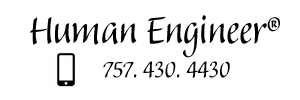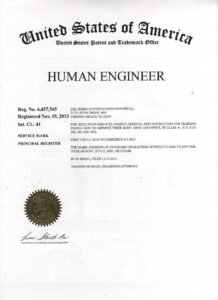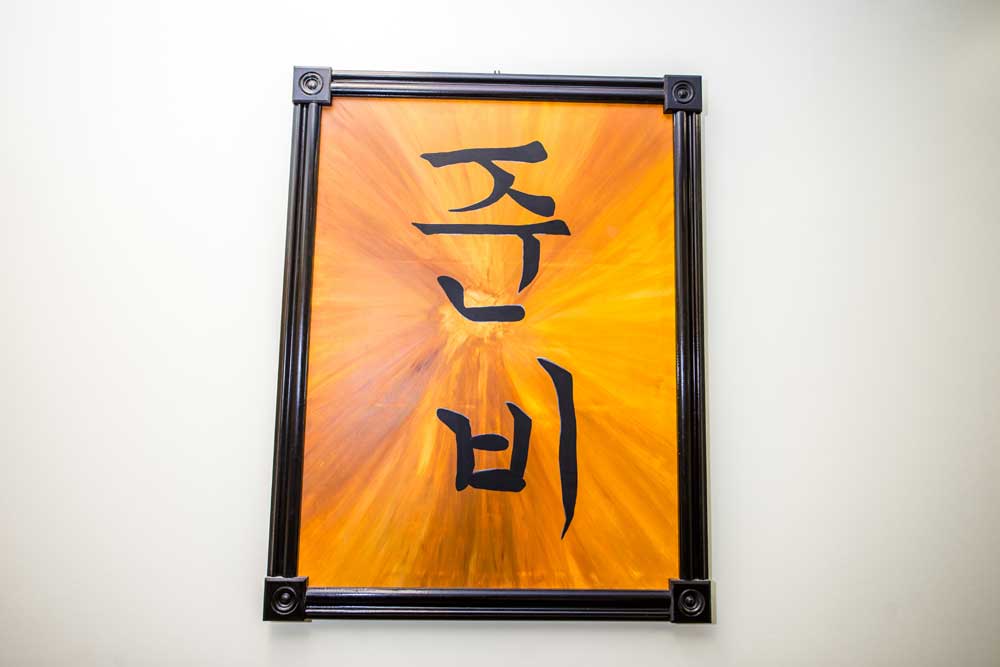First, lives have total independency.Can anyone eat, sleep, get sick, and breathe for me? No one can, only me. This principle leads us to total loneliness, one of the biggest fears each of us face. However, life is not that simple, but is complex and multifaceted. So, there is another principle that is a totally opposite concept, yet it comes together to form a pair. You may have heard about the oriental Eum and Yang.
We are totally dependent upon our needs for survival. No one in this world can make their own food, clothes, or shelter. Our daily survival depends on thousands of other lives. Does anyone make their own air, water, or natural resources? Individually, we do not have the abilities to provide for ourselves, and thus we depend on nature. Farmers cannot make a single grain without external sources. Has any farmer made a seed and then provided the sunshine, wind, and timely rain to make it grow? It is not possible!
These are two related yet totally opposite concepts. Ironically, total independency and total dependency come as a set that must be balanced.
The Bible states, “For who makes you different from anyone else? What do you have that you did not receive? And if you did receive it, why do you boast as though you did not?” 1 Cor 4:7 [NIV]
You and I are separated by an immeasurable distance and an invisible wall, yet your care, sweat, and craftsmanship allow me to survive today with God’s grace. This is the way the world works- a harmonized balance of total independency and total dependency.
This principle of life #1 teaches many concepts, including:
1. I am totally alone. Nobody can be with me past the present, yet God is with me forever! All of us need to achieve autonomy to be an entity, yet we also need to learn about self denial to build concurrency among the body, mind and spirit. This is the path to achieve harmony with one’s self and others, and with God: “Then Jesus said to his disciples, ‘If anyone would come after me, he must deny himself and take up his cross and follow me.’” Mat 16:24 [NIV]
2. I have no erasable obligation with the self, ecosystems, others, and God. This can be explained as relations of I to I, I to it (ecosystems as well as physics realm), I to you(metaphysics and being realm), and I to God(spiritual realm).
3. I must be humble and thankful, as every being has absolute value. I don’t have any ownership of them whatsoever. In “The Prophet,” Kahlil Gibran writes: “Your children are not your children, they are the sons and daughters of Life’s longing for itself. They come through you but not from you, And though they are with you yet they belong not to you.”
4. Life needs to be balanced and harmonized.
5. Possession is only in the present. Attachments are a source of fear, as loss is inherent. Therefore, I own nothing except for my deeds as well as my character.
6. I am thankful for my shortcomings, mistakes, and even failures. How is that so? Because these are my assets, not my burdens. (Perhaps both, if you follow with the main message of this article!). Refer to the Mistake Management article, which will be posted soon.
7. It teaches me how to determine the extent of my responsibilities. For example, I will teach, but I cannot learn for my students. I can largely influence their learning process, yet I simply cannot learn for them. Many immature parents will point a finger at the teacher for their children’s failure, but I know how much is my responsibility and how much I will accept. (Do you really want me to spoon feed your child? And you, too?).
So, let us kill our myopic perspectives on life and relationships. With this base, meaning of life can be easily explained. (Please refer “meaning of life” soon to be posted). Do you want more? Now it is up to you to figure out the rest for yourself.
This base will give us unlimited lessons because it can be applied to every facet of life. How complicated is life?
Continue with What is the meaning of life?: THE CALLING
Ⓒ 2014 By Jeeho Lee, Human EngineerⓇ






Recent Comments